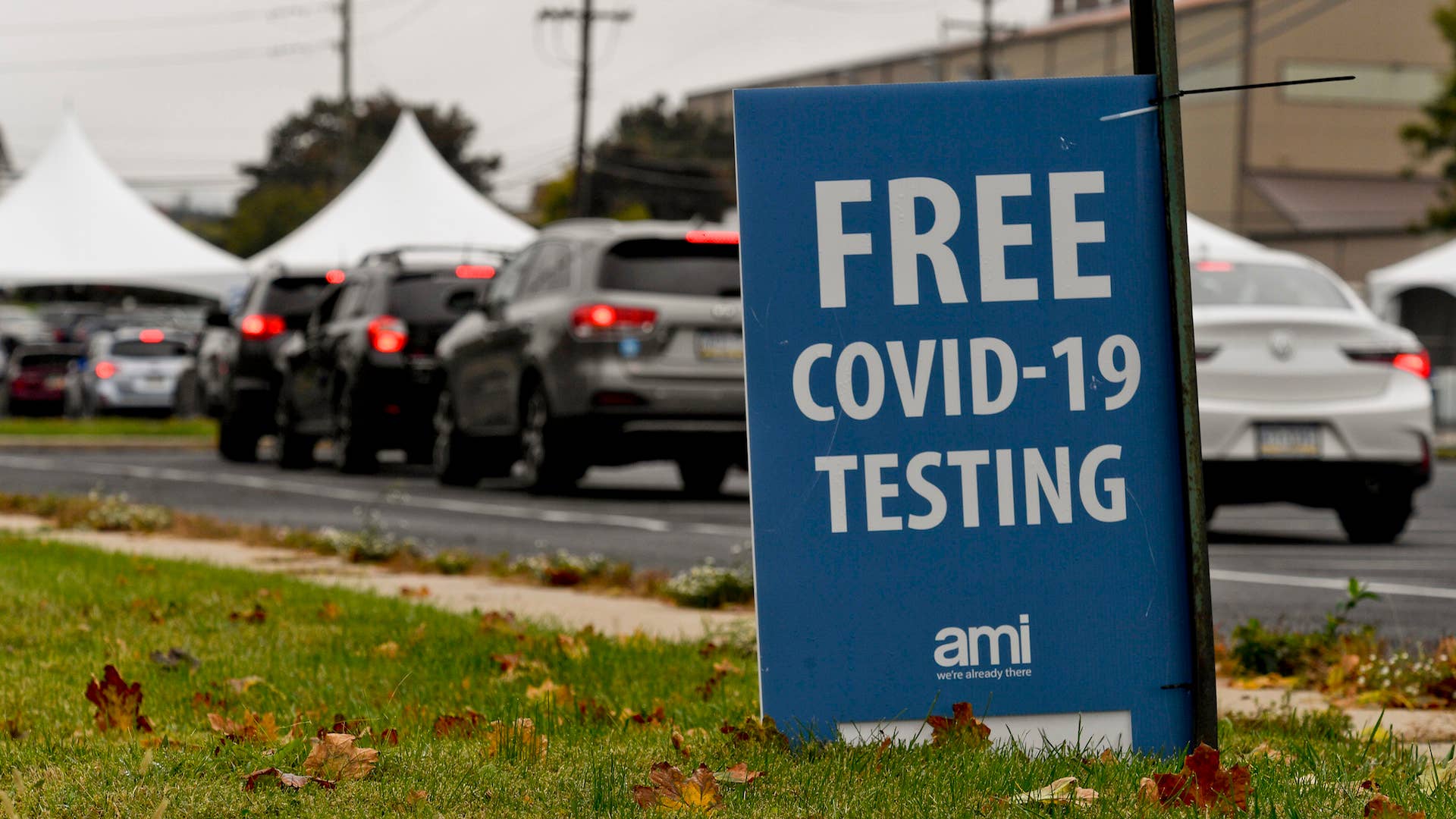
A new study from Britain's Oxford University found that nearly one in five COVID-19 survivors will receive a mental health diagnosis within 90 days of infection.
According to the peer-reviewed study, the most commonly reported disorders are anxiety, post-traumatic stress disorder, depression, insomnia, and dementia. Also, people who are concerned about the illness are more likely to develop these mental illnesses.
"People have been worried that COVID-19 survivors will be at greater risk of mental health problems, and our findings ... show this to be likely," Oxford professor of psychiatry, Paul Harrison, told Reuters.
The Oxford study evaluated medical records for 69 million people in the United States—more than 60,000 of whom had been diagnosed with COVID-19. The study also found that there is a correlation between pre-existing mental health conditions and an increased chance of contracting the illness. People with mental illnesses were 65 percent more likely to test positive for COVID-19. This is similar to other infections like pneumonia. Per the study, Patients with attention deficit hyperactivity disorder, bipolar disorder, depression, and schizophrenia were the most likely to have a positive coronavirus test.
"This is likely due to a combination of the psychological stressors associated with this particular pandemic and the physical effects of the illness," a consultant psychiatrist at University College London, Michael Bloomfield, explained.
Although this is frightening, a professor of psychiatry at King’s College London, Simon Wessely, claims that this study correlates with other infectious diseases.
"COVID-19 affects the central nervous system, and so might directly increase subsequent disorders," Wessely said. "But this research confirms that is not the whole story, and that this risk is increased by previous ill health."
Still, Harrison believes the results of this study should be taken into consideration immediately so that patients can be properly treated.
"[Health] services need to be ready to provide care, especially since our results are likely to be underestimated [of the number of psychiatric patients]," Harrison said.

